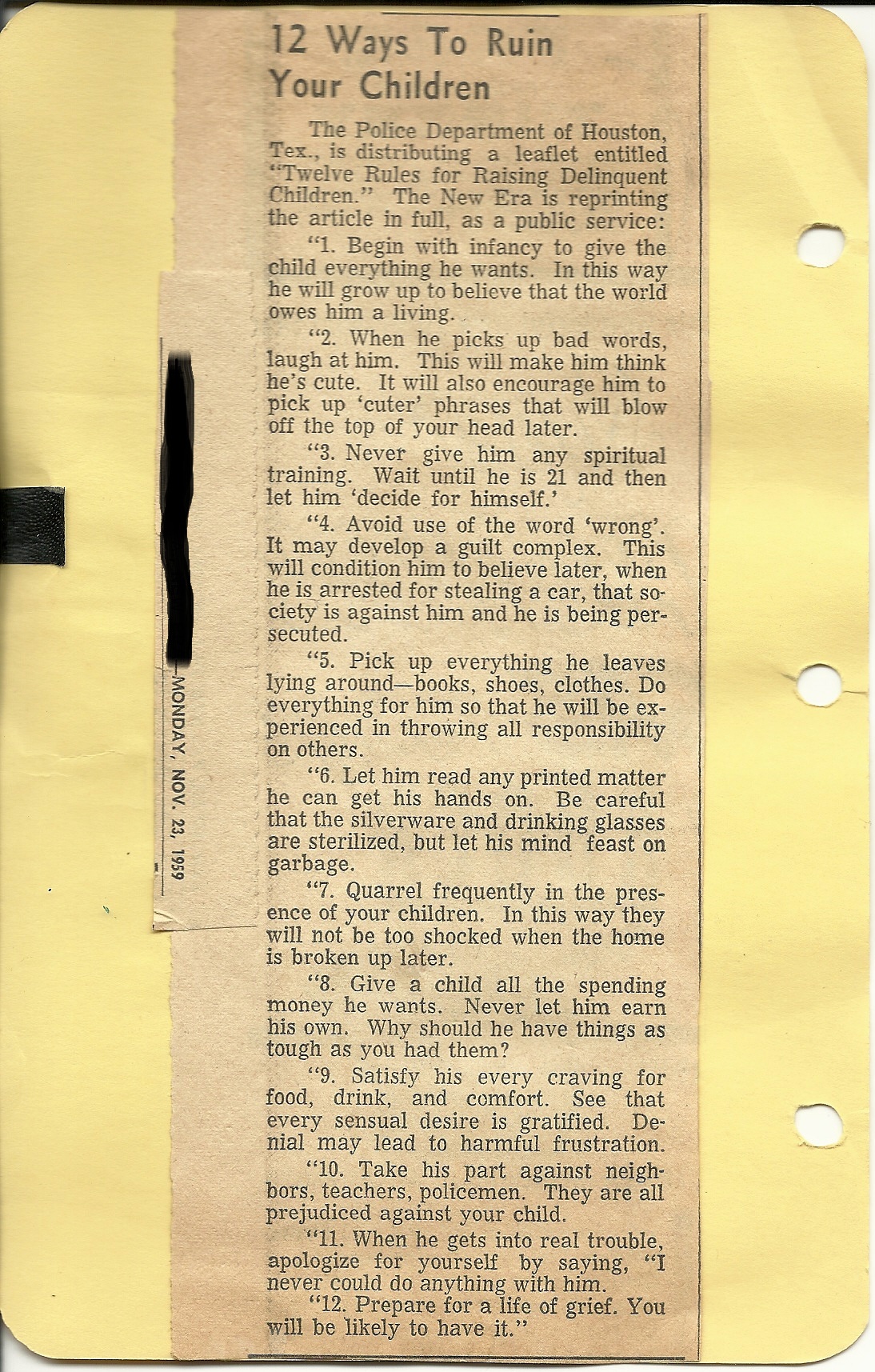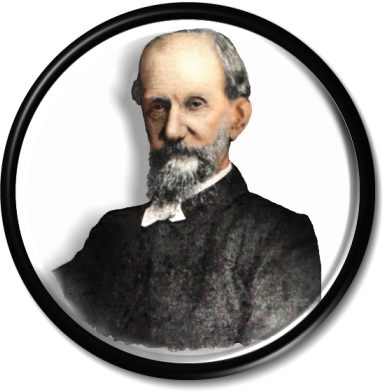 “Faith is to the soul what life is to the body. Prayer is to faith what breath is to life. How a man can live and not breathe is past my comprehension, and how a man can believe and not pray is past my comprehension too.” These words are part of this excerpt from J.C. Ryle’s book entitled: A Call to Prayer. This book is short and easy to read and challenged me to make proper prayer a priority. I highly recommend it.
“Faith is to the soul what life is to the body. Prayer is to faith what breath is to life. How a man can live and not breathe is past my comprehension, and how a man can believe and not pray is past my comprehension too.” These words are part of this excerpt from J.C. Ryle’s book entitled: A Call to Prayer. This book is short and easy to read and challenged me to make proper prayer a priority. I highly recommend it.
I ask again whether you pray, because a habit of prayer is one of the surest marks of a true Christian. All the children of God on earth are alike in this respect. From the moment there is any life and reality about their religion, they pray. Just as the first sign of life in an infant when born into the world is the act of breathing, so the first act of men and women when they are born again is praying. This is one of the common marks of all the elect of God, “They cry unto him day and night” (Luk_18:1). The” Holy Spirit, who makes them new creatures, works in them the feeling of adoption, and makes them cry, “Abba, Father” (Rom_8:15). The Lord Jesus, when he quickens them, gives them a voice and a tongue, and says to them, “Be dumb no more.” God has no dumb children. It is as much a part of their new nature to pray, as it is of a child to cry. They see their need of mercy and grace. They feel their emptiness and weakness. They cannot do otherwise than they do. They must pray. I have looked carefully over the lives of God’s saints in the Bible. I cannot find one of whose history much is told us, from Genesis to Revelation, who was not a man of prayer. I find it mentioned as a characteristic of the godly, that “they call on the Father” (1Pe_1:17), or “the name of the Lord Jesus Christ” (1Co_1:2). Recorded as a characteristic of the wicked is the fact that “they call not upon the Lord” (Psa_14:4).
I have read the lives of many eminent Christians who have been on earth since the Bible days. Some of them, I see, were rich, and some poor. Some were learned, and some unlearned. Some of them were Episcopalians, and some Christians of other names. Some were Calvinists, and some were Arminians. Some have loved to use a liturgy, and some to use none. But one thing, I see, they all had in common. They have all been men of prayer.
I study the reports of missionary societies in our own times. I see with joy that heathen men and women are receiving the gospel in various parts of the globe. There are conversions in Africa, in New Zealand, in Hindustan, in China. The people converted are naturally unlike one another in every respect. But one striking thing I observe at all the missionary stations: the converted people always pray.
I do not deny that a man may pray without heart and without sincerity. I do not for a moment pretend to say that the mere fact of a person’s praying proves everything about his soul. As in every other part of religion, so also in this, there may be deception and hypocrisy. But this I do say, that not praying is a clear proof that a man is not yet a true Christian. He cannot really feel his sins. He cannot love God. He cannot feel himself a debtor to Christ, He cannot long after holiness. He cannot desire heaven. He has yet to be born again. He has yet to be made a new creature. He may boast confidently of election, grace, faith, hope, and knowledge, and deceive ignorant people. But you may rest assured it is all vain talk if he does not pray.
And I say, furthermore, that of all the evidences of the real work of the Spirit, a habit of hearty private prayer is one of the most satisfactory that can be named. A man may preach from false motives. A man may write books and make fine speeches and seem diligent in good works, and yet be a Judas Iscariot. But a man seldom goes into his closet, and pours out his soul before God in secret, unless he is in earnest. The Lord himself has set his stamp on prayer as the best proof of a true conversion. When he sent Ananias to Saul in Damascus, he gave him no other evidence of his change of heart than this, “Behold, he prayeth ” (Act_9:11).
I know that much may go on in a man’s mind before he is brought to pray. He may have many convictions, desires, wishes, feelings, intentions, resolutions, hopes, and fears. But all these things are very uncertain evidences. They are to be found in ungodly people, and often come to nothing. In many a case they are not more lasting than the morning cloud, and the dew that passeth away. A real, hearty prayer, coming from a broken and contrite spirit, is worth all these things put together. I know that the Holy Spirit, who calls sinners from their evil ways, does in many instances lead them by very slow degrees to acquaintance with Christ. But the eye of man can only judge by what it sees. I cannot call any one justified until he believes. I dare not say that any one believes until he prays. I cannot understand a dumb faith, The first act of faith will be to speak to God. Faith is to the soul what life is to the body. Prayer is to faith what breath is to life. How a man can live and not breathe is past my comprehension, and how a man can believe and not pray is past my comprehension too.
Never be surprised if you hear ministers of the gospel dwelling much on the importance of prayer. This is the point we want to bring you to; we want to know that you pray. Your views of doctrine may be correct. Your love of Protestantism may be warm and unmistakable. But still this may be nothing more than head knowledge and party spirit.
We want to know whether you are actually acquainted with the throne of grace, and whether you can speak to God as well as speak about God.
Do you wish to find out whether you are a true Christian? Then rest assured that my question is of the very first importance — Do you pray?
Ryle, J.C. (2011-01-10). A CALL TO PRAYER. Kindle Edition.
The Kindle edition of this wonderful book is only 99 cents over at Amazon. Click here if you are interested in reading this little gem.










